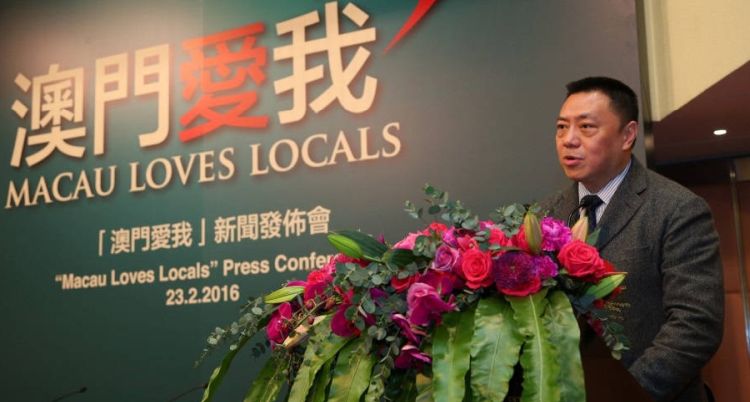Japan recently passed a gambling bill that would legalize the casino industry and bring in billions of dollars in foreign investment as there are a number of global gaming operators such as Wynn Resorts, MGM Resorts and the Las Vegas Sands Corp who have already expressed interests in developing multi-billion dollar integrated resorts.
Japanese Prime Minister Shinzo Abe and his ruling Liberal Democratic Party (LDP) government had been in favor of legalizing the casino industry and finally managed to get the bill approved after the full Diet, which is the parliament, approved the bill on December 14. The casino bill will be rolled out under a two-statute procedure. The first step was the legalization of integrated resorts which includes hotels and entertainment complexes at a conceptual level.
The second step will be the development of gambling regulation that include specifics on the process and procedures that will govern the industry, locations for these integrated resorts, the tax percentage that will be imposed and the number of gaming licenses that will be issued. The passing of the casino bill in Japan has gained the attention of Macau, which is the biggest gambling hub in the world.
Macau’s government has confirmed that it will pay close attention to gambling laws and regulations that Japan passes and Macau’s gaming regulator will examine the competition that the Japanese gambling market will pose to Macau’s casinos. Lionel Leong Vai Tac, the Secretary for Economy and Finance in Macau (pictured at an unrelated event earlier) said they were particularly interested to see what kind of tax system and legislation timeframe the Japanese government will introduce.
In a statement, Leong said “For Macau to move forward – especially considering our current gaming [concession] contracts will expire [on various dates between 2020 and 2022] – we have to assess how to ensure [our gaming market] remains competitive internationally.”
Macau has reason to be concerned as the gaming industry has witnessed 26 consecutive months of gross gaming revenue (GGR) decline due to the anti-corruption crackdown launched by Beijing, along with a slowing Chinese economy. The industry witnessed a turnaround in August 2016 and has now reported four consecutive months of increase. The government had earlier instructed the six major gambling operators in Macau to diversify their portfolio and no longer depend on gaming alone as it wanted to transform Macau’s reputation of being a gambling hub into a tourist and family friendly destination.
Gaming analysts such as Sanford C. Bernstein believe that it will take a considerable amount of time to finalize gaming regulations in Japan and expects the first integrated resort to open only in 2023. Some analysts believe that Tokyo and Osaka are most likely locations for the development of the first two integrated resorts. The Japanese gaming industry could generate around $40 billion to the economy and is expected to pose significant competition to Macau.



